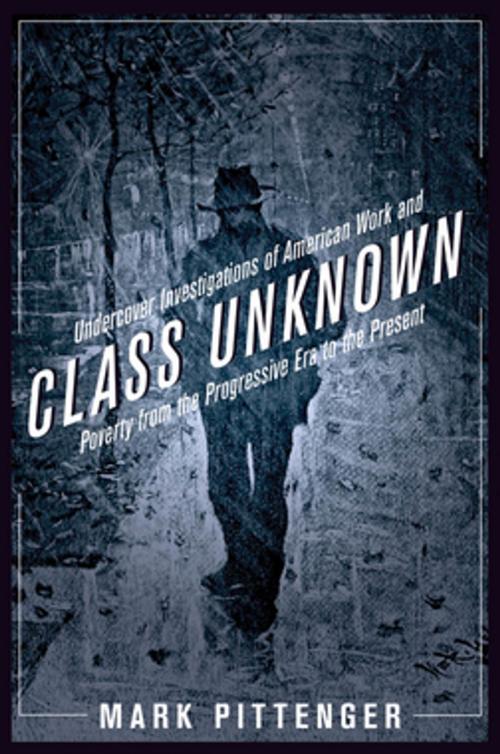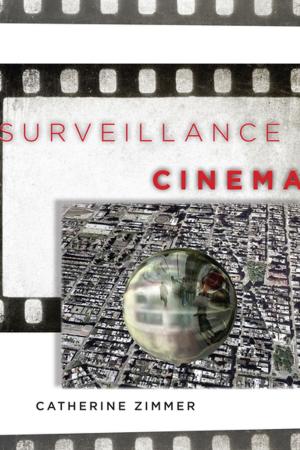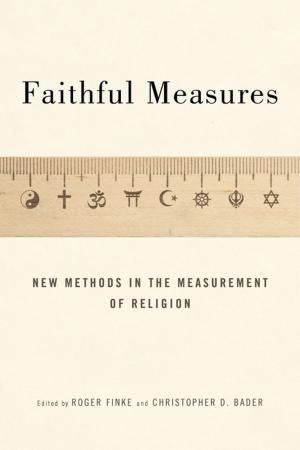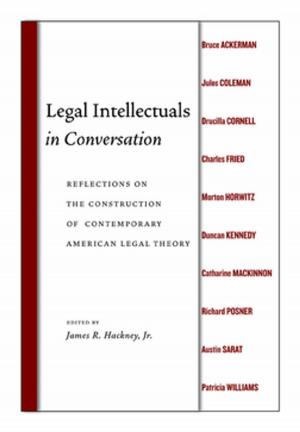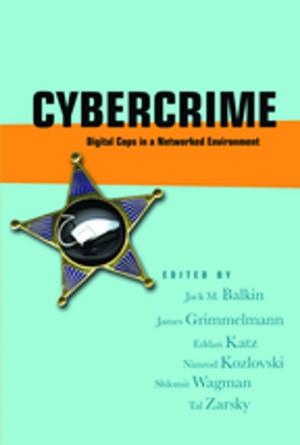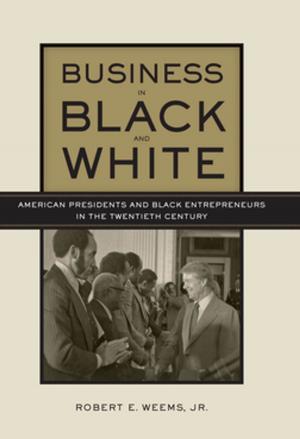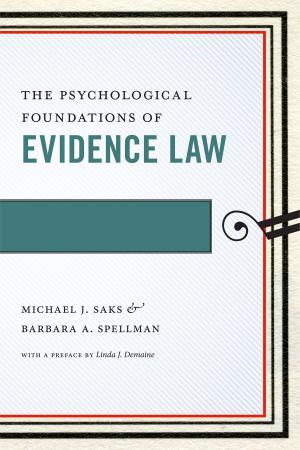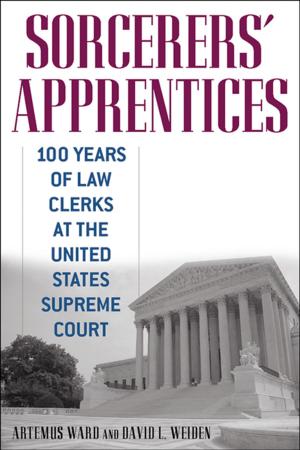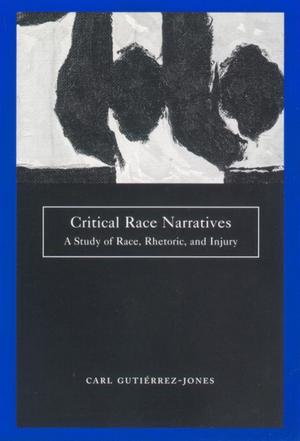Class Unknown
Undercover Investigations of American Work and Poverty from the Progressive Era to the Present
Nonfiction, Social & Cultural Studies, Social Science, Sociology, History| Author: | Mark Pittenger | ISBN: | 9780814724309 |
| Publisher: | NYU Press | Publication: | August 13, 2012 |
| Imprint: | NYU Press | Language: | English |
| Author: | Mark Pittenger |
| ISBN: | 9780814724309 |
| Publisher: | NYU Press |
| Publication: | August 13, 2012 |
| Imprint: | NYU Press |
| Language: | English |
Since the Gilded Age, social scientists, middle-class reformers, and writers have left the comforts of their offices to "pass" as steel workers, coal miners, assembly-line laborers, waitresses, hoboes, and other working and poor people in an attempt to gain a fuller and more authentic understanding of the lives of the working class and the poor. In this first, sweeping study of undercover investigations of work and poverty in America, award-winning historian Mark Pittenger examines how intellectuals were shaped by their experiences with the poor, and how despite their sympathy toward working-class people, they unintentionally helped to develop the contemporary concept of a degraded and "other" American underclass. While contributing to our understanding of the history of American social thought, Class Unknown offers a new perspective on contemporary debates over how we understand and represent our own society and its class divisions.
Since the Gilded Age, social scientists, middle-class reformers, and writers have left the comforts of their offices to "pass" as steel workers, coal miners, assembly-line laborers, waitresses, hoboes, and other working and poor people in an attempt to gain a fuller and more authentic understanding of the lives of the working class and the poor. In this first, sweeping study of undercover investigations of work and poverty in America, award-winning historian Mark Pittenger examines how intellectuals were shaped by their experiences with the poor, and how despite their sympathy toward working-class people, they unintentionally helped to develop the contemporary concept of a degraded and "other" American underclass. While contributing to our understanding of the history of American social thought, Class Unknown offers a new perspective on contemporary debates over how we understand and represent our own society and its class divisions.
